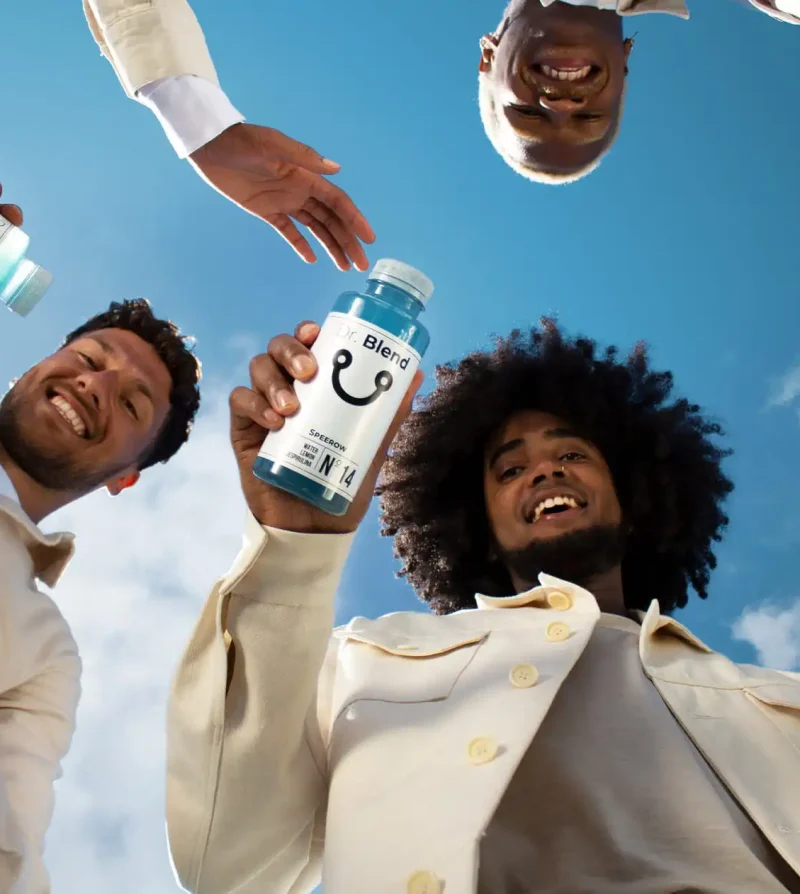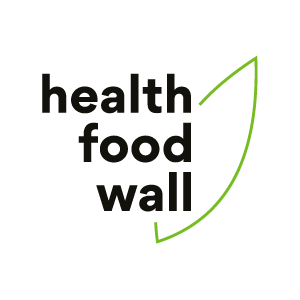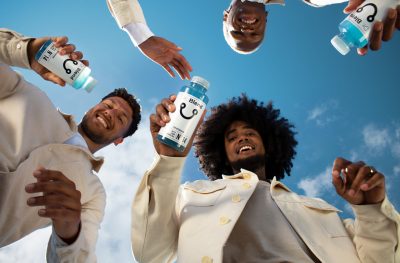Dr. Blend • 100% pure juice • Fast and refrigerated delivery • Detox Cleanse • High reward Loyalty program • Shots • Free account •
Dr. Blend • 100% pure juice • Fast and refrigerated delivery • Detox Cleanse • High reward Loyalty program • Shots • Free account • Dr. Blend • H.P.P. Cold Pressed • 100% Pure Juice • Fast and refrigerated delivery • Over 80,000 satisfied customers • Fast and refrigerated delivery • Fresh Juice •
Dr. Blend • 100% pure juice • Fast and refrigerated delivery • Detox Cleanse • High reward Loyalty program • Shots • Free account • Dr. Blend • H.P.P. Cold Pressed • 100% Pure Juice • Fast and refrigerated delivery • Over 80,000 satisfied customers • Fast and refrigerated delivery • Fresh Juice • High reward Loyalty program • HPP Cold Pressed • Over 80,000 satisfied customers • 100% Pure Juice • Over 80,000 satisfied customers • Shots • 100% Pure Juice •
Free loyalty program
Worldwide shipping
Questions? support@drblend.com
Refrigerated home delivery






























